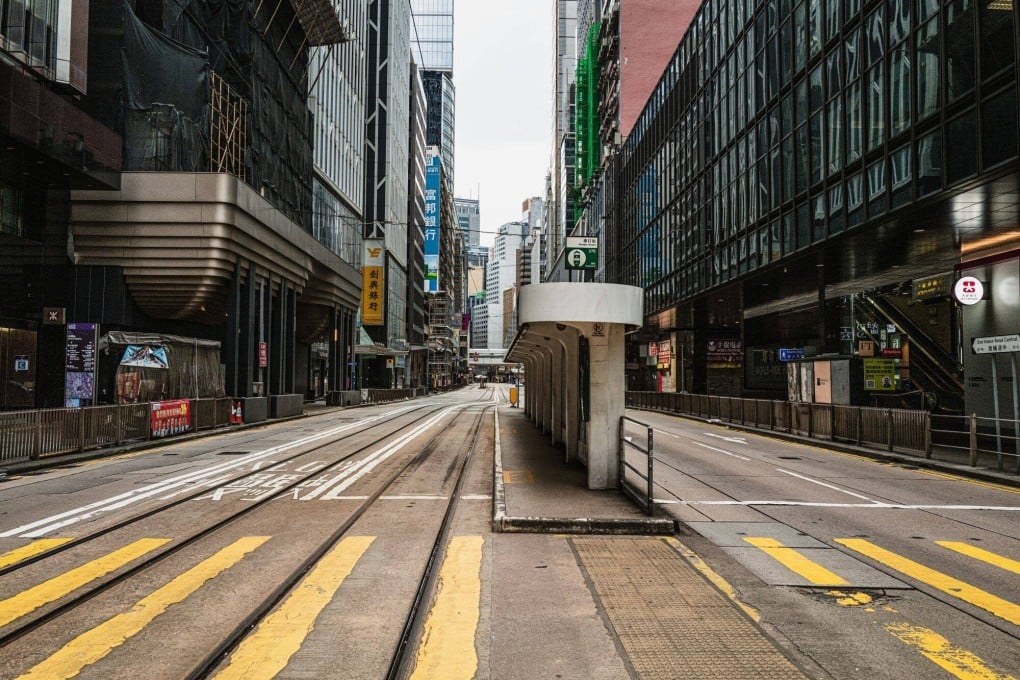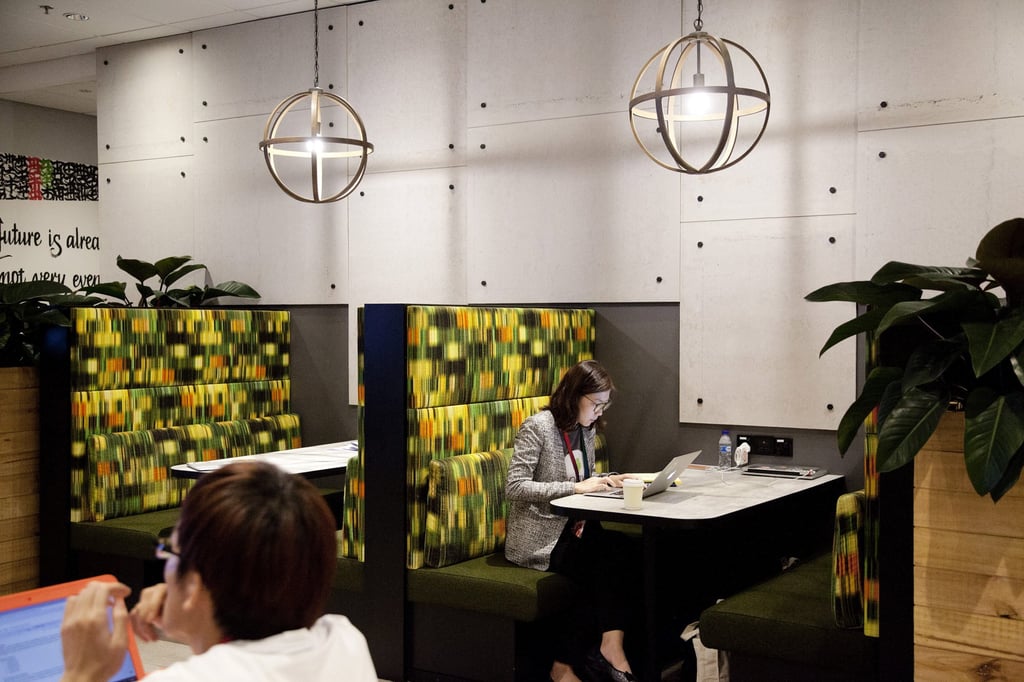The View | Even in office-oriented Asia, hybrid working is taking root
- In markets like Hong Kong and Singapore, pandemic-induced disruption in real estate has been less severe and office leasing activity remains strong
- But with falling transaction volumes in the Asian office sector, hybrid working is a trend occupiers, landlords and investors must take more seriously

Other big technology companies that benefited from the mass experiment in homeworking, such as Google and Amazon, are seeking to enforce mandates that staff spend at least three days a week in the office. In the financial services industry, Wall Street firms such as Goldman Sachs are insisting its employees work in the office five days a week.
Three-and-a-half years after the pandemic erupted, the office-home balance is shifting back towards in-person work. Yet, tensions between employers and their staff are acute, particularly in the United States where office occupancy rates are the lowest – the average rate among 10 major markets stood at just 47 per cent at the start of this month, data from Kastle Systems shows – and the return-to-work debate is the most polarised.
While there is a strong consensus that both fully remote work and enforced five-days-a-week in-person work are unworkable, there is little agreement about what a hybrid model – a combination of office days and remote days – means in practice, much less about how to define performance measures. There is also a lot of uncertainty over what hybrid working means for future demand for office space – a sensitive issue in financial markets given concerns about the office sector.
In Asia, pandemic-induced disruption in the real estate industry has been less severe, minimising the impact of the behavioural changes in the way people live, work and play. According to data published by JLL in May, office re-entry rates in Shanghai, Beijing and Seoul have returned to pre-pandemic levels. In Hong Kong and Singapore, they were only 5 to 10 per cent below 2019 levels.

A confluence of factors – smaller and often multigenerational households, more conservative corporate cultures and, crucially, employees’ stronger attachment to office life – have worked against homeworking.
